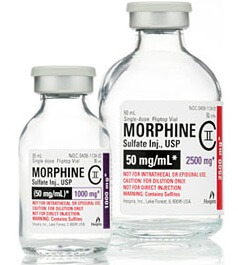
Scout, Jem and Dill, the main children of the story live in a world full of prejudice based around race, class, age, and gender. Since they are still children and have not entered the adult world yet, they do not understand why everyone is treating people differently based on all of these factors, they just see everyone equally and want everyone treated the same, you can see this with Jem, after Tom Robinson lost the trial he was really mad and confused and did not want to harm even insects and wanted to see and treat all live on earth equally. I think the world would be a much better place if everyone had the same mindset as Scout, Jem and Dill. Much of history’s cruel things would not have happened and their would probably be peace all over the world. If we have similar dilemmas in our own live I think we should use the children’s mindset and see everyone exactly the same.
I think a important moral To Kill A Mockingbird teaches us that we can adopt in our own life is Atticus’s advice of seeing things from other people’s skin, this way people can understand each other better and help come up with solutions and not get into arguments or fights, which could result in horrible things like the unfair trial of Tom Robinson. I think another moral the character’s offer us is, to be yourself and to break the “rules” of society, for example Scout who is a tomboy was expected to grow up to be a lady even though she did not want to grow up that way. In Maycomb around that time everyone just followed the stereotypes with a very few exceptions. Finally, one of the most important morals of the book is having justice for everyone and not “to kill a mockingbird” like Tom Robinson or other innocent people. All of these morals we can adopt and modify into our own lives. The one thing most character’s in Maycomb do is prejudice, everyone should reject prejudice from their lives.

